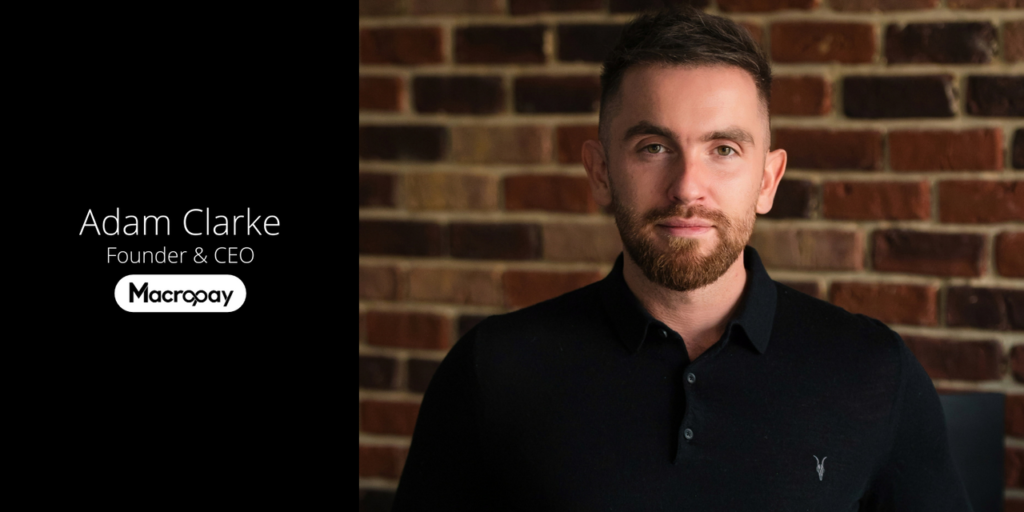Adam J Clarke on How to Start your Own Business

In this article, Adam J Clarke CEO of Macropay explains the essential things you must know before starting your own business. These go beyond the clerical and admin tasks like drafting business plans, and creating spreadsheets for accounting purposes.
Many people will refer to “funding” as the most challenging aspect of starting a business. But this is only a small part of what is required to get started. Bank loan options, investors, and VCs address funding challenges for any business.
Challenges are, however, not the only thing you must consider before you start a business.
Product development
All businesses start from an idea which is developed into a product. To have a business running, you must either offer a product or service. You might have an idea on how to improve an already-existing product or one on how to create a new product. This idea needs to be validated, refined and developed to turn it into a usable product that customers will find valuable.
Define your target market
After deciding on what product you have to offer, you must define who you want to sell to. Who are your target customers? Why do they need your product? When and how do they need it? The answers to these questions will help you gauge the value of your target market. Before you can push your product into the market, here are a few factors you must consider in defining your target market.
- Risk Assessment
You must carry out market research to assess the risks that your business could face before you put your funds and that of your investors into it. Also, it is important to be familiar with the regulatory body and policies of your chosen trade. This allows you to decide if your current standing is compliant with set laws and therefore, a viable ground for a new business to start.
- Competition
Who is already offering the same product or service you want? It is important to know your competition as this will give you the insight you need to build your marketing strategy to ensure market penetration.
Assemble a great team
A great team is a formidable unit you need to weather through the storms that rock the boat of early businesses. You will be hiring individuals with different strengths, therefore, you must be able to provide the social and organizational infrastructure that will make them work as a team.
Some of these infrastructures include:
- Consider Seeking a Co-Founder
The early days of a business are usually the hardest. It can be too difficult a task for one founder to play the role of an administrator, leader and sometimes, marketer. This is where a co-founder, especially one with a complementary skill set, becomes necessary as they help by taking up certain designated roles based on their areas of expertise.
- Onboarding Investors
Investors are a solid part of the business. They relieve businesses of the strain of having to gain traction while worrying about making profits. It is important to have a detailed financial analysis that manages the expectations of investors.
- Structure and Cohesion
A cohesive team functions as a complete unit despite the diversity of the team in skill sets and persona. To successfully start your business with a cohesive team, you must set clear business objectives and hire individuals who buy into the vision of the culture you wish to build.
These objectives give your business a structure that aligns with the goals of the various departments of your company and can be replicated even with different sets of employees.
Adam J Clarke & The Macropay Success Story
Adam J Clarke is a seasoned entrepreneur. After dominating the world of sales in his teens, he was able to create a fintech from the ground up in his 20s. Macropay, a payment system provider, is currently in one of its most successful stages of the business.
However, the process of actually scaling up a business the same way Adam J Clarke did for Macropay is not as easy as it sounds. The success story did not happen overnight. The founder & CEO highlights that his team is the key to the current success that the company is experiencing. He also highlights that aspiring entrepreneurs should “get back up after getting knocked down.” The spirit of never stopping until you reach success will determine if you can meet your entrepreneurial goals.




